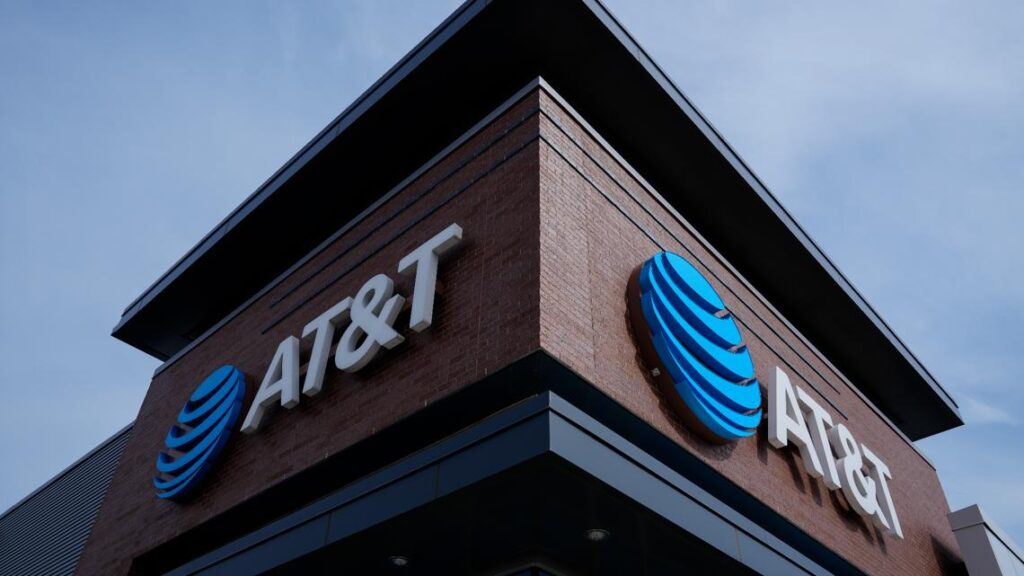AT&T customers across the U.S. faced significant network issues on Tuesday, disrupting their ability to make calls to people on other network carriers. Reports on Down Detector also showed complaints from T-Mobile and Verizon customers, though both carriers assured Gizmodo they were not experiencing outages themselves. The reports were from individuals trying to reach AT&T users, highlighting the widespread nature of the issue.
AT&T confirmed the problem, stating, “There is a nationwide issue that is affecting the ability of customers to complete calls between carriers.” The company emphasized that the carriers were collaborating to diagnose and resolve the issue as quickly as possible. Despite the extensive impact, AT&T assured that calls to emergency services (911) were not affected and continued to function normally.
This incident brought to mind a similar event in February when AT&T suffered a widespread outage. That outage disrupted not only voice calls but also all forms of connectivity across the network nationwide. During the February outage, initial speculations online suggested it might have been the result of a cyberattack. However, AT&T denied these rumors. The company later issued an apology for the inconvenience and offered affected customers a $5 credit. While some customers found this gesture insufficient, AT&T defended the rebate, explaining that it represented roughly the “average cost of a full day of service.”
In an update at 7:50 p.m. ET on the day of the recent outage, AT&T informed Gizmodo that the issue had been resolved. The company stated, “We collaborated with the other carrier to find a solution and appreciate our customers’ patience during this period.” This quick resolution likely brought relief to many frustrated customers who had been impacted throughout the day.
This AT&T outage is part of a broader trend of significant service disruptions affecting various tech companies. On the same day as the AT&T issue, ChatGPT, an AI chatbot service, experienced outages that affected thousands of users. The first outage occurred around 3:00 a.m. ET, followed by a second outage around 10:30 a.m. ET. By Tuesday evening, the ChatGPT service had returned to normal.
Earlier this year, other major tech platforms also faced significant outages. Hundreds of thousands of Facebook and Instagram users experienced disruptions, causing widespread frustration. In March, LinkedIn encountered a similar issue, affecting a substantial number of users. These incidents underscore the challenges that tech companies face in maintaining uninterrupted service for their large user bases.
In today’s interconnected world, such outages can have significant ripple effects, impacting communication, business operations, and personal connections. The reliance on these digital networks and platforms means that when they go down, the disruptions are felt widely and deeply. Companies are under immense pressure to quickly address these issues and restore service to minimize inconvenience and maintain user trust.
The recurrence of these outages across different platforms suggests that the tech industry, despite its advancements, still faces critical vulnerabilities. Whether these disruptions stem from technical glitches, increased network traffic, or potential cyber threats, the need for robust and resilient infrastructure is clear. Companies must invest continually in their technology and cybersecurity measures to prevent future outages and ensure reliable service.
As the digital landscape continues to evolve, the frequency and scale of these outages may prompt a reevaluation of current systems and protocols. Users and businesses alike depend heavily on seamless connectivity, and any disruption can lead to significant consequences. The ongoing challenges highlight the importance of having contingency plans and backup systems in place to mitigate the impact of such events.
If you like the article please follow on THE UBJ.
